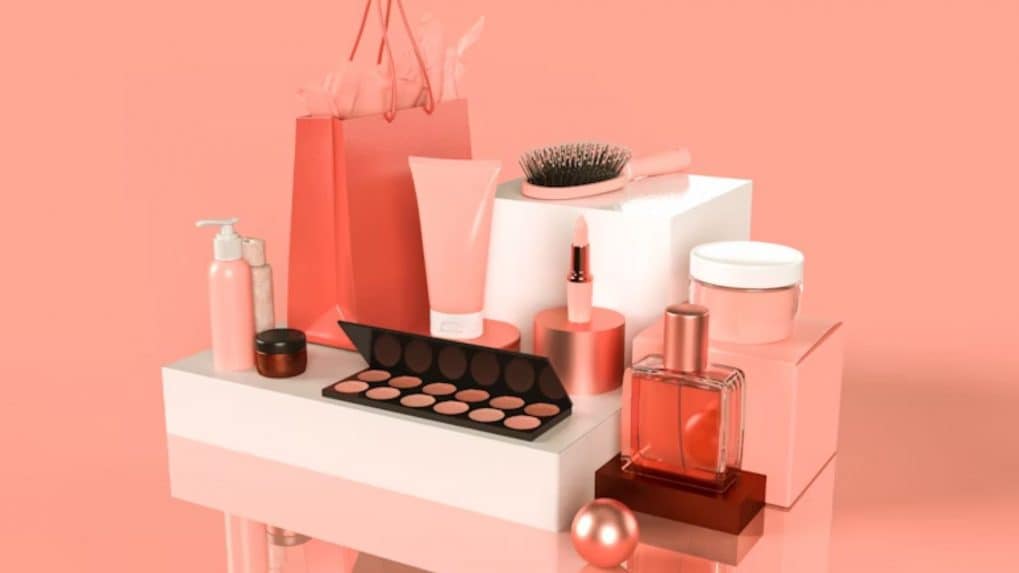FMCG majors chase high-margin beauty with Rs 4,000 crore in acquisitions over two years
'Legacy brands often struggle with experimentation, while D2C brands iterate rapidly using feedback loops. M&A gives established companies access to product innovation, tested formulations, and packaging within weeks'
ADVERTISEMENT
India's fast-moving consumer goods (FMCG) giants have sharpened their bets on the country's burgeoning beauty market, lured by its high margins, growing premium appetite, and an evolving consumer base.
Over the past few years, leading players including Hindustan Unilever Ltd, Marico, Emami, and e-commerce leader Nykaa have acquired eight digital-first beauty brands, with deal values nearing Rs 4,000 crore.
Adding to the momentum, Reliance Retail stepped up its beauty play, partnering with FACEGYM and Germany’s cosnova Beauty this year alone.
"Consumers are discovering premium skincare, sun care, glow-forward makeup and ritual-led essentials across our omnichannel beauty ecosystem—Tira, Sephora and KIKO Milano," the company said, announcing its exclusive distribution partnership with cosnova.
'Rise of insurgent and global brands'
Karthik Ganesan, Partner at Bain & Company, said India's beauty market is seeing traction across the board — from Indian insurgent brands such as Mamaearth, Minimalist, and Dot & Key to global marquee brands like Maybelline and Cetaphil, alongside local majors including Himalaya. International brands, particularly those from Korea and Asia, are scaling rapidly on platforms like Nykaa.
According to Ganesan, 44 insurgent brands have already achieved scale comparable to or larger than established companies in India.
Neha Chopra, Head of Strategy at Enormous Brands, who has worked with L’Oréal and Kiro Beauty, said the sector is entering a consolidation phase. "India’s beauty story is shifting from a funding-fuelled D2C boom to a deliberate ‘house of brands’ play. Large FMCG and retail giants are no longer dabbling—they are buying speed, science, and subculture," she said.
French cosmetics major L’Oreal has identified India as its single most important market for the coming decade.
'What's driving the rush?'
Consumer demand is rising on the back of higher disposable incomes, deeper workforce participation among women, and widening beauty routines. On the supply side, influencer-led marketing and e-commerce penetration have compressed brand-building duration.
Chopra called it a ‘Lollapalooza effect’-- a perfect storm of young, image-conscious buyers, and a high-margin, high-frequency category.
Acquisitions help big brands bypass long product development cycles. "Legacy brands often struggle with experimentation, while D2C brands iterate rapidly using feedback loops. M&A gives established companies access to product innovation, tested formulations, and packaging within weeks," experts noted.
'Beauty brands startups' poor funding'
Small entrepreneurs have also found the beauty and personal care industry equally lucrative. A plethora of brands have emerged, such as Nat Habit, Glow x Grow, Neude Skin, Asaya, Sereko, Iris Cosmetics, etc.
According to the data intelligence firm Tracxn, 351 startups have been launched in the category in the past three years. But the funding has cooled.
"The sector saw a peak funding in 2021 at $508 million. Since then, inflows have steadily declined," said Neha Singh, co-founder of Tracxn. Investors are now backing only digital-first brands with strong consumer loyalty and a clearer path to profitability, she added.
Year-to-date, just $111 million has been raised. Notable recent rounds include Foxtale, which secured a cumulative $48 million across 2024-2025, and Innovist, which raised $16 million in a Series B round this year. "Companies that are able to align with the market needs and can cater to a larger population with a sustainable and innovative business model are expected to attract investor interest in the future," Singh added.
'Online push'
Festive season 2025 data indicated a clear shift towards premium and science-backed beauty.
Siddharth Bhagat, Director, Amazon Fashion and Beauty, said brands such as CeraVe and L’Oréal Professional saw strong demand. K-beauty grew more than 75% during the period, he added. Also, brands like Cetaphil, L’Oréal Paris, WishCare, Dot & Key, The Derma Co., Be Bodywise, Maybelline, and Minimalist drove consistent demand across skincare and makeup, he added.
Flipkart reported stronger demand in makeup and fragrances, with value-driven consumers preferring products priced between Rs 200 and Rs 500, said Kartheek Kanumuru, Senior Director – Beauty & Personal Care, Flipkart.
Nykaa observed a dual trend during the festive season: aspirational luxury and prestige buying alongside everyday essentials like sunscreens, moisturisers, lip colours and fragrances.
'Outlook'
Technology-led personalisation and data-driven product development are expected to accelerate category expansion. Ganesan projected that India's beauty and skincare industry will grow at 11-12% annually through the decade, driven by derma-led skin care, actives (like niacinamide), anti-acne, anti-ageing ranges and newer formats such as serums.
E-commerce is expected to contribute over 35% of beauty sales by 2030, with premium brands accounting for at least half of the category growth. "This market will remain attractive for both established giants and insurgent players," Ganesan added.


